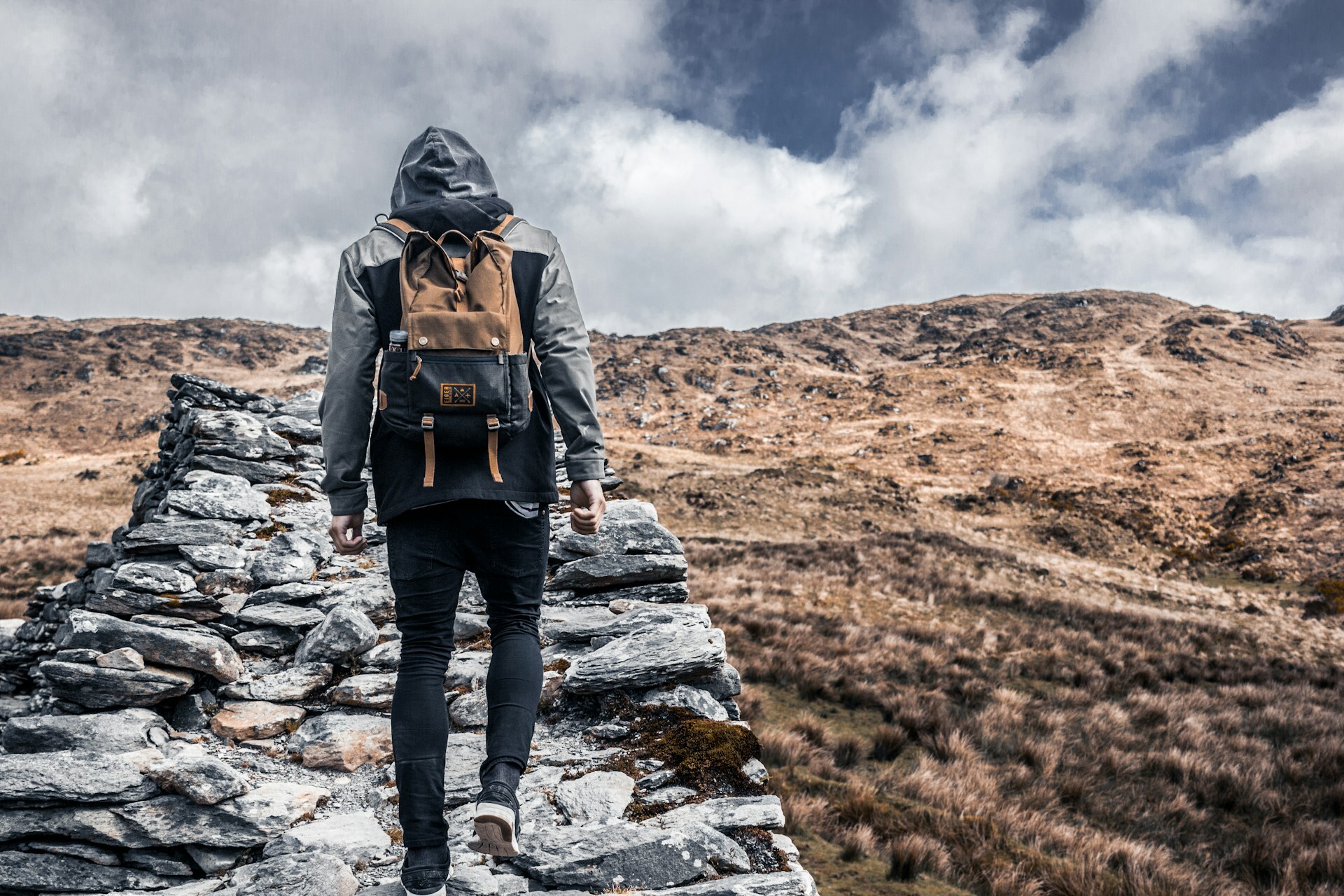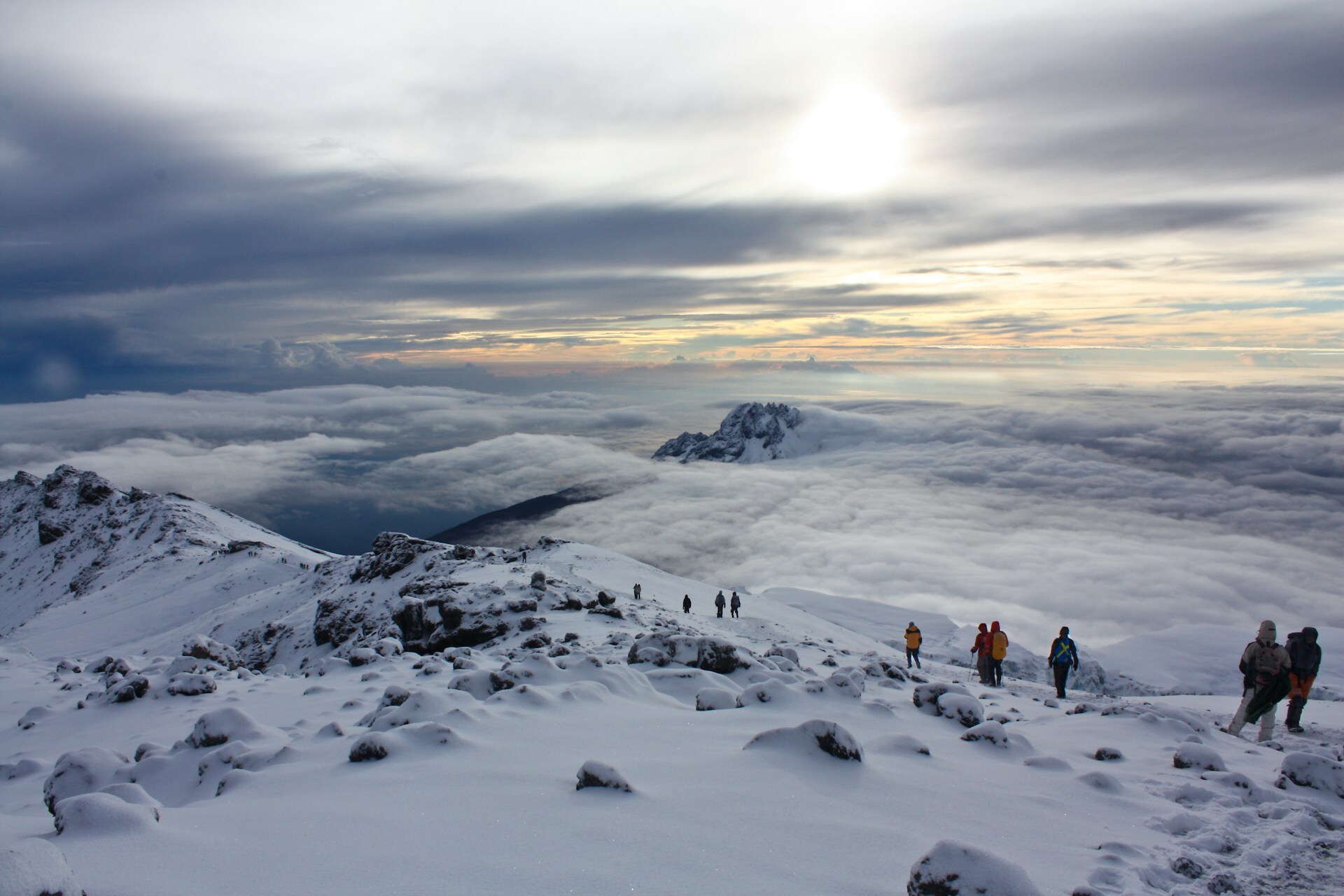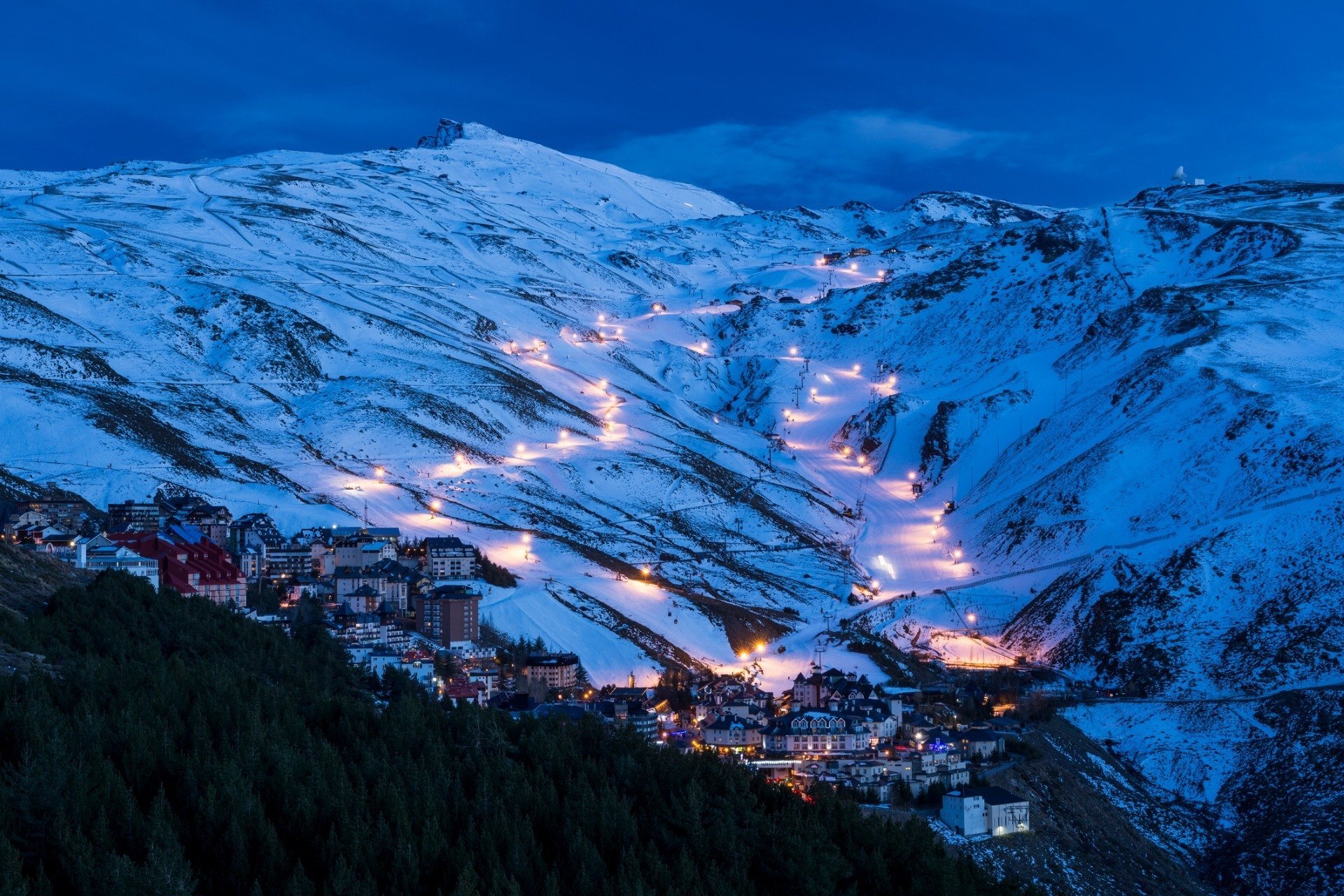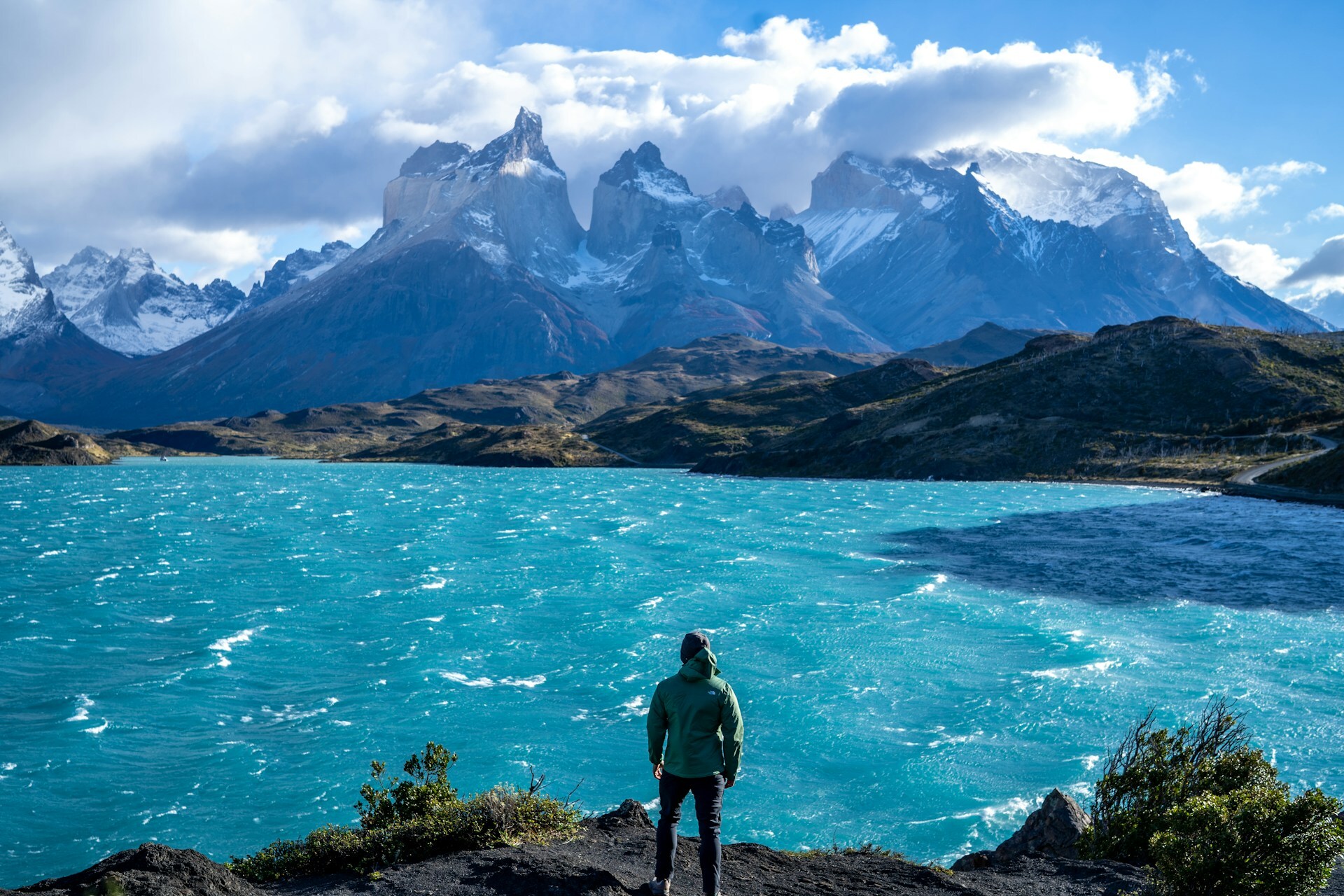Discovering the South Luangwa
I was ecstatic to arrive at Lusaka International Airport, even though I had eight hours ahead of me before catching a connecting flight to Mfuwe. The flight was unlike any flight I'd encountered before. The cold air conditioning that I've got used to was gone and replaced by heating. I was also trapped into the middle seat. I’m not going to forget that in a hurry.
Mfuwe Lodge
I arrived at the Mfuwe Lodge in Zambia's South Luangwa National Park about 30 hours after leaving my home. It was dark and I had sleep in my eyes.
View this post on Instagram
I was keen to shower, have some food and a large gin and tonic, but was instead persuaded to jump straight back on the jeep by my very enthusiastic guide Manda Chisanga from The Bushcamp Company.
Just outside the camp, Manda slammed on the brakes and pointed out a leopard running through the bush. I hadn’t expected to see one on my first evening, let alone within six minutes of arrival.
View this post on Instagram
Just a moment later a lioness came up close to the jeep and walked straight passed me. I felt uneasy (the jeep was open topped), but her eyes weren’t fixed on me. Her attention was focuses elsewhere.
My excitement started to build when another two lionesses appeared out of the bush. They also got up close and walked straight past.
It soon became apparent what there attention was on as a bushbuck let out a terrified sound as the biggest of the three lionesses leaped through the air and grabbed it by the neck. The other two started ripping flesh from its back, as Magda explained it's where the best cuts of meat are located.
The noises were wild and ferocious, and the lionesses' faces were stained with blood. A fourth lioness appeared to come out of nowhere, but she was not made to feel welcome. She quickly ripped out the bushbuck's intestines and ran off before getting swiped by a giant paw.
While the action unfolded, the baboons high in the trees went crazy, making a sound like dogs, a lion warning for animals in the area.
Baboons have different sounds for every predator and situation, but not for humans, they don’t feel threatened by us.
View this post on Instagram
Manda explained that in his 20 years as a guide he had never seen so much action in such a short space of time. “Some people come here and never see anything like this, you are so lucky. Even David Attenborough and his crew wait months for this sort of footage.”
I felt like the king of the jungle or at least the bush when I returned to the Mfuwe Lodge and chatted to the staff about what I had experienced. They were thrilled for me and my introduction to the South Luangwa had only just begun.
I was wide awake and up at four am and excited about the day ahead. I walked out of my front door to be met by an elephant destroying a tree and hippos standing around precariously close. One of the guards working at the camp quickly escorted me from the area and told me that a fisherman had been bitten clean in half by a hippo a week before my visit.
Zungulila Bushcamp
After breakfast I was back on the jeep heading to the Zungulila Bushcamp, the newest camp to The Bushcamp Company for a two-night stay.
View this post on Instagram
On route to Zungulila (about 3.5 hours in total) I watched buffalos in search of water, zebra and impalas roaming around, a snake eagle sitting in a tree (which gets its name because a snake is unable to penetrate its skull with a bite) and two leopards lazing around in a tree.
Manda excitedly explained that: “It is very unusual to see two leopards together because they are very solitary animals, but what makes this even stranger is they are two males, which I have never seen before.
“One is the son so it must be a territory issue, the young one can’t find his own area because all the good ones are already taken.”
View this post on Instagram
Later that morning Manda spotted wild dog tracks which we followed slowly through some very rough terrain until we pulled up in front of 21 wild dogs, enjoying the shade under some trees. African wild dogs don't get the best press because they destroy entire areas of wildlife before moving on to a new location and doing the same. They also stink of sick. They share food by throwing up in each other's mouths.
View this post on Instagram
Consequently, conservation efforts have been slow. There are less than 5,000 wild dogs remaining in Africa. Despite their smell they are quite striking animals, and it is sad they are fast approaching extinction.
I was greeted warmly at Zungulila and shown around the camp. It captures the essence of old Africa in the early days of tourism, with outstanding views of the Kapamba River and an expansive plain attracting a huge amount of wildlife and game.
I sat at the back of my lodge for the afternoon in a sun lounger watching buffalos, impalas and many other animals and pondered a very difficult question. Whether to take an outside shower or bath. Eventually I decided on the shower.
View this post on Instagram
It was a great introduction to this part of the South Luangwa but it was bushwalking in the forest after breakfast that I was most looking forward to.
Bushwalking
The land was dry, the air hot, and water almost non-existent as we drove across empty rivers. My first stop of the morning was to see the carmine bee-eaters. The birds migrate from Mozambique in August and remain in Zambia until the rainy season starts in November. The carmine bee-eaters dig tunnels into the dried riverbank to give birth and feed their young. When the rains begin the bank collapses, and the birds move on.
I was fascinated watching these beautiful birds as they fly out in swarms to get insects for their young.
View this post on Instagram
After an hour watching the birds, Manda suggested it was time to walk through the bush. It wasn’t long before we heard the roar of an elephant. I turned to my left and four elephants approached.
A lot of the remaining elephants in Africa have seen others being poached and stuck in snares. Elephants never forget, so let’s just say we aren’t their favourite species. We walked in the opposite direction.
As I continued walking Manda spoke about many of the plants we came across and their medicinal uses. It was fascinating and sad because in recent years the subject has become taboo in Zambia. Consequently, young people don’t want to learn about plants as they identify it with witchcraft. It is only a matter of time before it disappears for good.
We decided to take a rest on the bark of a tree that looked like it had lost a fight with an elephant, to drink some tea in the scorching heat.
Manda spotted leopard prints which we followed in the hope that a lion would follow and attempt to steal the catch before the leopard made it up the tree to eat.

Ultimate East Africa: Mountains & The Masai Mara
23 nights from
£3,348.00pp
We managed to see the leopard jump out of the tree with its catch but were unable to relocate it. I was not disappointed, as an avid hiker I loved every minute and what happened the next morning while out bushwalking made up for it.
After some overnight rain, the animal sightings changed; lions disappeared deeper into the bush, and thousands of birds and tsetse flies took their places.
The tsetse bite is painful, but I had no intention of letting that spoil my day. I was told that the flies hate the smell of burning elephant dung, so we pulled over, I filled a bucket to the top, set it on fire, and left it swinging from the back of the jeep. It greatly reduced the tsetse.
It continued to be a great day for viewing, we drank coffee next to group of giraffes and watched warthogs eating happily from the slightly softer ground. The reprieve didn’t last for long, by 9.00 the ground was solid again, baked in the sun.
After coffee the warning signals of the baboons came again. Manda knew that a leopard was close by. I followed him deeper into the bush as he recognised female leopard prints. He was surprised to find two dead and part eaten impalas under a tree.
From the tracks we could see that one had been killed and dragged two hundred metres, while the other must have got to close to the tree. The leopard being an opportunist killed that one also.
We waited for ten minutes to see if the leopard would return, but the baboons were making so much noise that we decided to continue walking and not disturb nature.
It was after all a great privilege to be that close to nature, and the baboons were there long before me.
Are you ready for a Safari Adventure?
Learn more about our 'Ultimate 24 day Safari Adventure to the Masai Mara' or visit our 'Go On Safari' page for inspiration on the best destinations to experience a safari.
Author
More From James Clark
Related News
Sponsored Links
















James Clark View profile
UK-based travel journalist and writer, specializing in the great outdoors and sustainable tourism.